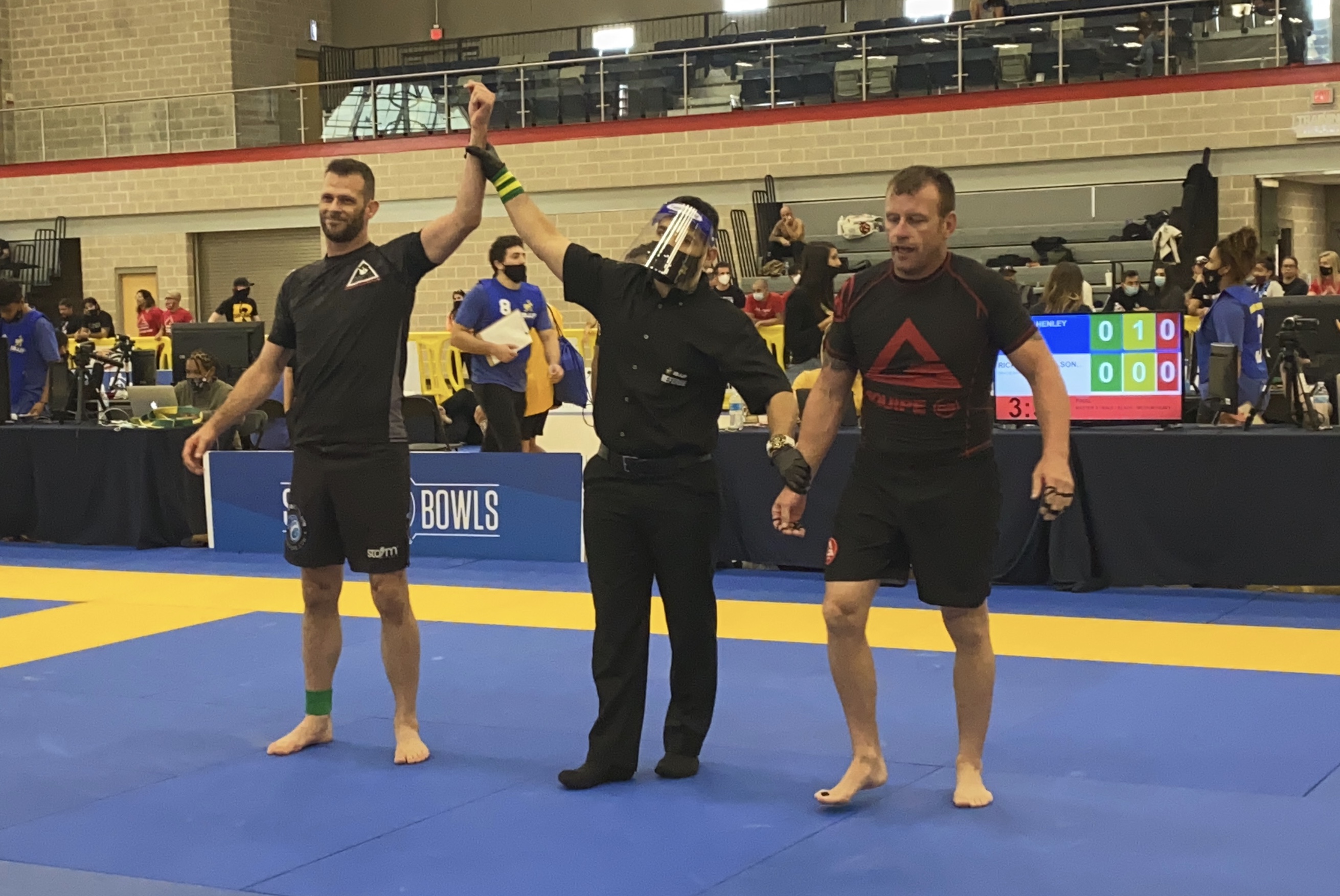
Brazilian Jiu-Jitsu (BJJ) is not just a sport; it\’s a way of life. As practitioners progress through their BJJ journey, they often find themselves wanting to compete to challenge themselves and test their technique. Coaches also often also feel the desire to compete, to help sharpen their skills and see how they stack up against other athletes in their divisions. Eventually everyone retires from competition, but there can still a profound impact of BJJ coaches who transition from the competition scene to nurturing the next generation of grapplers. This transition is not just a change in title; it\’s a profound shift in focus, from personal achievements to the development of others
One of the most significant contributions retired BJJ competitors make is passing down their wealth of knowledge to their students. Having weathered the highs and lows of competition, these coaches bring a unique perspective that extends beyond technique. They instill the importance of mental toughness, strategic thinking, and resilience—traits that are crucial for success both on and off the mat.
As BJJ coaches retire from their own competitive careers, they often become mentors for their students. Beyond teaching techniques, they offer guidance on goal-setting, time management, and maintaining a healthy work-life-training balance. Students benefit not only from their coach\’s technical expertise but also from the invaluable life lessons learned through years of personal growth within the sport.
Retired BJJ competitors turn coaches understand that each student is on a unique journey. Whether a student is a white belt aiming for their first competition or a seasoned blue belt with dreams of earning a black belt, these coaches tailor their training programs to meet the diverse needs of their students. Their experience allows them to provide insights that bridge the gap between theory and practical application.
Beyond the individual successes of their students, retired BJJ competitors contribute to the creation of a supportive and encouraging community. By fostering a positive training environment, they ensure that every student feels valued and motivated to pursue their goals. This community spirit extends to competitions, where athletes coached by retired competitors often display a sense of camaraderie that goes beyond the typical rivalries seen in the sport.
The transition from BJJ competitor to coach is a testament to the enduring nature of the sport and its ability to shape lives. Retired BJJ coaches play a pivotal role in shaping the next generation of grapplers, offering a unique blend of technical expertise, mentorship, and personal growth. Their impact is not confined to the mats; it resonates through the communities they build, leaving a lasting legacy that extends far beyond their own competitive careers. As we celebrate the achievements of BJJ coaches who retire from competition, we acknowledge the profound influence they continue to exert on the ever-evolving landscape of Brazilian Jiu-Jitsu.


Social Media